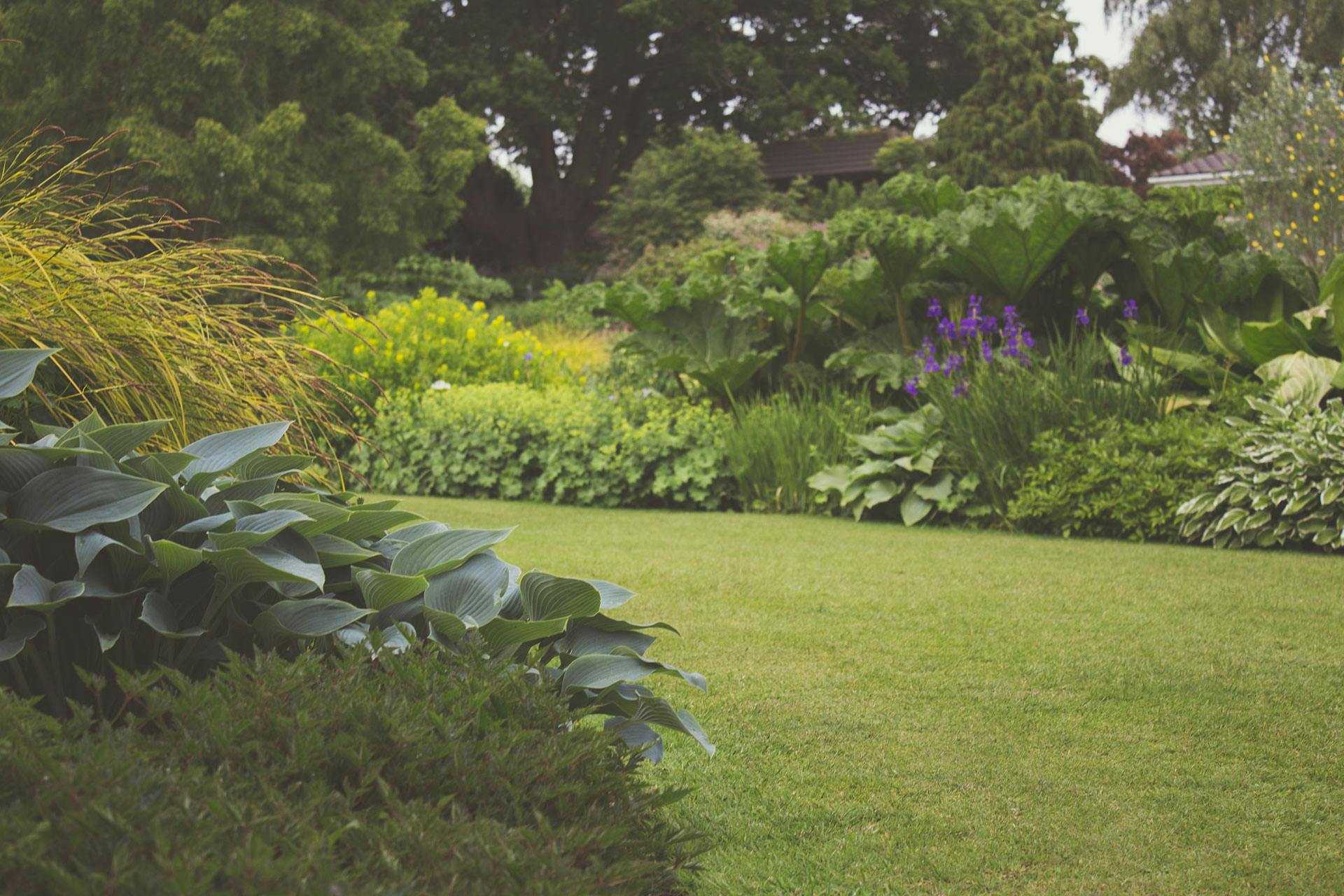Ever feel like your backyard’s more fishbowl than private oasis? Trees can be your best friends when it comes to creating a serene, secluded space. Not only do they provide a natural barrier, but they also add beauty and value to your property.
Choosing the right trees for privacy can be a game-changer. Whether you’re looking to block out noisy neighbors or just want a little peace and quiet, there’s a perfect tree for every yard. Let’s explore some of the best options that’ll turn your outdoor space into a private retreat.
Understanding Tree Types for Privacy
Choosing the right trees for privacy involves understanding various tree types. Consider both their appearance and functionality before planting.

Deciduous vs. Evergreen
Deciduous trees lose leaves in winter. Evergreens keep foliage all year. For continuous privacy, evergreens work best. Deciduous trees offer seasonal privacy, changing with the seasons. Mix both for diverse aesthetics.
Height and Growth Rates
Consider tree height and growth rates. Taller trees provide more immediate privacy. Fast-growing species like Leyland Cypress can grow 3-4 feet per year. Slower-growing options like Holly add longevity. Assess space and long-term needs.
Top Evergreen Trees for Year-Round Privacy
Evergreen trees ensure continuous privacy. They’re ideal for creating natural, year-round barriers.
Arborvitae (Thuja)
Arborvitae are popular for their dense foliage and rapid growth. They grow in various shapes and sizes, suitable for different spaces. Thuja Green Giant and Emerald Green are common types. They thrive in full sun and well-drained soil. Plant them in rows for an effective, lush screen.
Leyland Cypress
Leyland Cypress trees grow quickly, reaching up to 4 feet per year. They form tall, dense walls, ideal for large properties. These trees prefer full sun and moist, well-drained soil. Space them 6-10 feet apart for optimal growth. Their rapid growth rate ensures an effective privacy barrier in a short time.
Holly Trees
Holly Trees, including American and Japanese Holly, offer year-round privacy with glossy foliage. They produce berries, adding visual interest. Hollies can grow in various soil types but prefer well-drained, slightly acidic soils. Plant them in partial to full sun. Their dense structure makes them perfect for hedges and screens.
Best Deciduous Trees for Seasonal Privacy
Certain deciduous trees offer excellent seasonal privacy and aesthetic appeal. They provide shade in summer and beautiful colors in fall.
Hybrid Poplar
Hybrid Poplars grow quickly, reaching 40-50 feet in 5-7 years. These trees are ideal for creating rapid privacy screens. If you’re looking for low-maintenance, they adapt well to various soil conditions. Always check local regulations before planting due to their vigorous roots.
Weeping Willow
Weeping Willows provide privacy with graceful, arching branches. They grow up to 40 feet tall and spread wide, offering substantial cover. You’ll find them ideal by ponds or streams as they prefer moist soil. Ensure you have enough space since their roots can be invasive.
Factors to Consider When Choosing Privacy Trees
Choosing the best trees for privacy involves evaluating key factors to ensure optimal growth and effectiveness.
Space and Location
Consider the available space. Some privacy trees, like Leyland Cypress and Hybrid Poplar, require ample room to grow properly. Assess the location for sunlight exposure—many trees need full sun for best growth.
Soil Type and Climate
« Top 10 Best Trees for Front Yards: Boost Curb Appeal and Add Value to Your Home
Discover the 10 Best Trees to Grow in Pots for Small Spaces and Easy Care »
Check the soil type. Trees like Arborvitae prefer well-drained soil, while Weeping Willows thrive in moist conditions. Evaluate climate compatibility; for instance, Holly Trees tolerate various climates but perform best in zones 5-9.
Maintenance Requirements
Understand the maintenance needs. Some trees, such as the Leyland Cypress, grow rapidly and require regular pruning. Others like Arborvitae have lower maintenance demands but need occasional trimming to maintain shape.
Planting and Caring for Privacy Trees
Planting privacy trees correctly ensures a healthy growth barrier.
Planting Tips
Choose the right location. Ensure the area gets appropriate sunlight and has well-draining soil. Dig a hole twice as wide as the root ball but just as deep. Place the tree, fill with soil, and water thoroughly. Space trees based on their mature size to avoid overcrowding.
Ongoing Care and Pruning
Water deeply once a week. Mulch around the base to retain moisture. Fertilize in early spring and late fall with a balanced tree fertilizer. Prune annually for shape and health, focusing on removing dead or diseased branches. Regularly check for pests and diseases, treating as needed.
Conclusion
Choosing the best trees for privacy can transform your outdoor space into a serene retreat. By considering factors like growth rates and foliage density, you can find the perfect fit for your needs. Remember, the right care and maintenance are key to ensuring your trees thrive and provide the privacy you desire. Happy planting!









